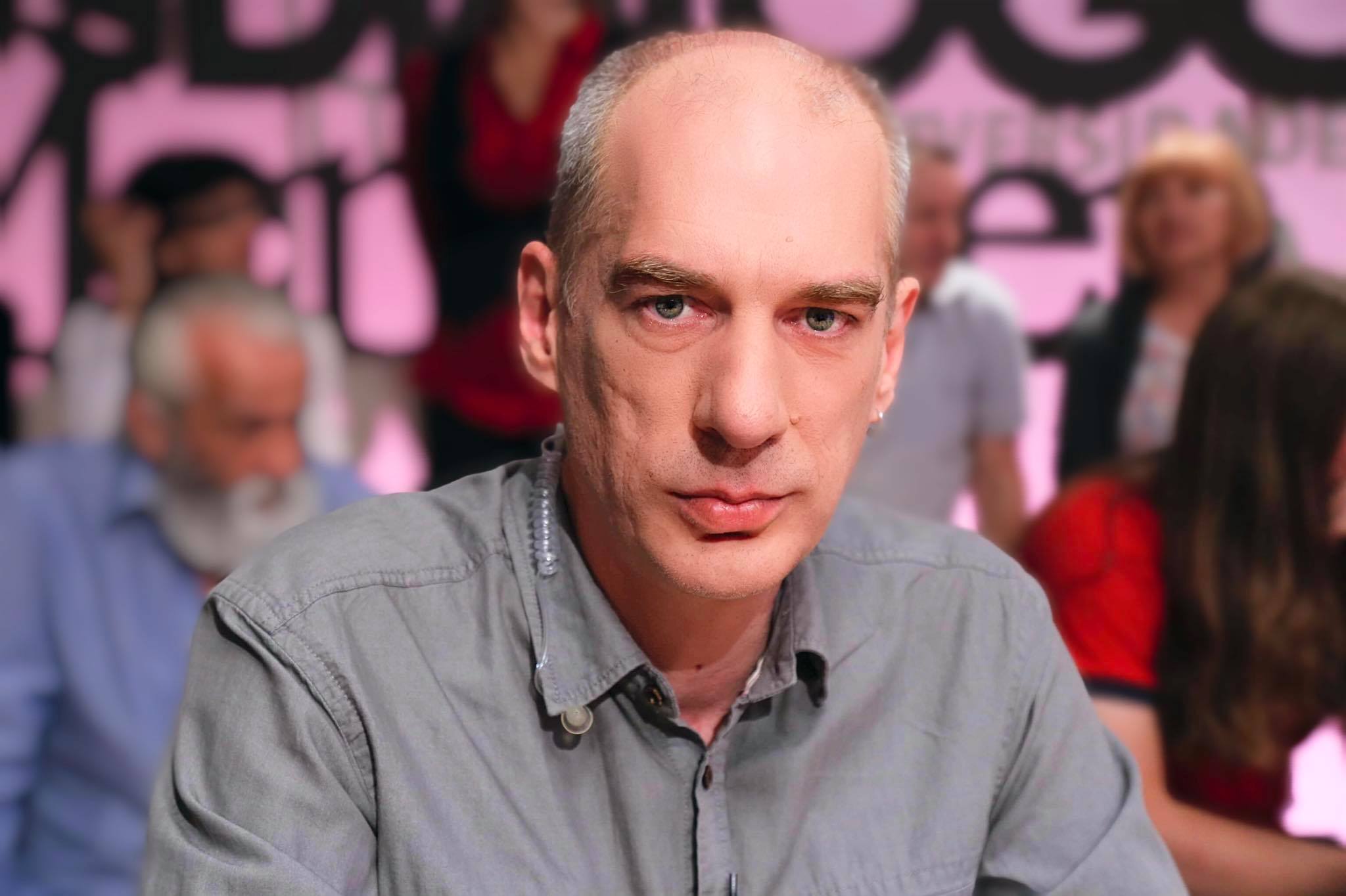What is left in the end? The Man is always left standing. The Man and his surroundings, or vicinities. That is precisely why it is essential that we hear and see each other: the consciousness of the Other is the first step towards consideration. We must remove the Other from our own projections of the Other. The Others are the most menacing in our own fears and imperfections, and the worst of all imperfections is ignorance. I believe that even only paying attention to the name of the TV programme which gained resonance across the region – Vicinities – would be valuable today.
I would dare to say that this word, here and now, does not carry the same meaning it did when the homonymous talk show began broadcasting.
When this wonderful intellectual, media adventure began, this term – vicinities – implied the other was a friend, we were in the vicinities which seeked interaction, it was a space around us which sprung beautiful things – communication, understanding, exchange..
Today, this word exists in our imagined vocabularies, the ones we carry within our minds and bodies, with a slight change in meaning. More menacing. Today, ‘vicinities’ are a source of danger…
What has happened to cause this shift in meaning? The pandemic, which changed the contemporary world, let alone a word…
This shade of ill-omen attributed to the word, innocent in itself, in the context of the pandemic, revealed a thing or two about people, and about language.
‘Because language is the root cause of all things, not action’, as Sophocles concludes in his ever-astonishing Philoctetes.
The only people who cannot infect you these days are literary characters. Spending time with them is harmless. That is why a return to reading is one of the ‘benefits’ of the pandemic.
To this day the beauty and breadth of Bocaccio’s Decameron has not been outdone – faced with similar challenges, even then, the art of storytelling and literature were the best antidotes to earthly hell.
While we are discussing positives, I have to say that the social distancing imperative brought impressive progress to Montenegro. Montenegrins are, traditionally, rather intense and stunningly on the offense when greeting one another. A civic convention here would often take the form of a hug too long, a wrestling grip, even… I thought that this overbearing southern forthcomingness would never disappear. Yet, Corona did the impossible. It scaled the Montenegrin street theatre of encounters down.
What is left in the end? The Man is always left standing. The Man and his surroundings.
The surroundings which now frighten him, in a similar way as described by Jean Delumeau (Sin and Fear), presenting us with the European medieval city. Beyond the walls were the vicinities – pure evil, sin, hell… The fact that these were mostly personal, negative projections, does not diminish the reality of their effects on the man of the time.
That is precisely why it is essential that we hear and see each other: the consciousness of the Other is the first step towards consideration. We must remove the Other from our own projection of the Other. The Others are the most menacing in our own fears and imperfections, and the worst of all imperfections is ignorance.
What is left in the end, after all of our global and local storms and shipwrecks?
We remain, always with our own fears, fascinations and loves.
Does the context of a global threat pacify, or perhaps relativise Balkan sinister passions, the hatred, orchestrated by history… Could the pandemic make us more prepared to understand one another, and activate the salvatory seed of empathy which gives birth to all that is most precious – from philosophy, to art, to the idea of morals?
A friend from Herceg Novi called, all excited. He said he’d met an amazing woman during the pandemic, who had swept him away. I was surprised as I knew that, as everyone else, he wasn’t leaving the house. He then explained that it was his wife, a woman he’d been married to for a quarter of a century. ‘’Now that I’ve met her, I realised she’s actually pretty amazing’’
A mask and social distance? Those metaphors too seem to be placed on a double edged sword.
At the end of the day, the man today, masked and distanced from others, seems more vulnerable than ever since the time of the Cold War.
What will this experience bring?
Until recently we’d been appalled at the fact that the world of contemporary capitalism and consumerism is impossible to change. Yet, as perfectly put by a German artist, ‘what seemed impossible yesterday, seems inevitable today’. That is the crux. Our true image, us as a human generation, will remain inscribed in nature and the quality of change we ought to bring.



Leave A Comment